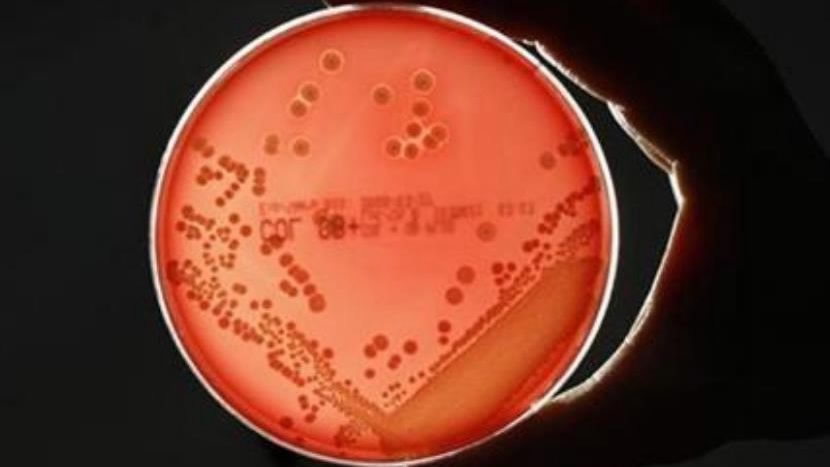
Tech & Sci
08:37, 29-Oct-2017
Scientists discover bacteria have a sense of 'touch'

Scientists in Switzerland have discovered for the first time that bacteria, though without sensory organs, also have a sense of touch that enables them to recognize surfaces and respond to mechanical stimulus, University of Basel said Saturday.
By studying a bacterium called Caulobacter, a team from the university discovered that the tiny microorganism not only responds to chemical signals, but also recognizes surfaces and responds within seconds, a mechanism that is also used by pathogens to colonize and attack their host cells, said a press release from the university.
The team found that swimming Caulobacter has a whip-like rotating motor in their cell envelope called the flagellum. The rotation of the flagellum enables the bacteria to move in liquids. To the surprise of the researchers, the motor is also used as an organ for the bacteria to "feel."

Swimming bacteria can sense surfaces with the flagellum. /University of Basel Photo
Swimming bacteria can sense surfaces with the flagellum. /University of Basel Photo
The motor rotation is powered by proton flow into the cell via ion channels. When swimming cells touch surfaces, the motor is disturbed and the proton flux interrupted. It signals to the bacteria to produce an adhesive substance that firmly anchors the bacteria on the surface within a few seconds.
"Even though Caulobacter is a harmless environmental bacterium, our findings are highly relevant for the understanding of infectious diseases. What we discovered in Caulobacter also applies to important human pathogens," said team leader Prof. Urs Jenal of the University of Basel.
The team's study has been published on the Oct. 27 issue of the journal Science.
Source(s): Xinhua News Agency

SITEMAP
Copyright © 2018 CGTN. Beijing ICP prepared NO.16065310-3
Copyright © 2018 CGTN. Beijing ICP prepared NO.16065310-3